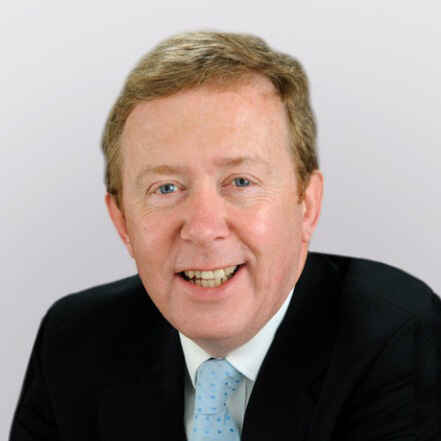29th July 2016
Q&A with the experts

Mike O’Connell is a consultant Ear, Nose & Throat Surgeon who specialises in nasal conditions, sinusitis, cosmetic nose and ear surgery but also many general conditions.
“My nose gets blocked!”
Nose blockage is a common problem and can occur for a variety of reasons. Hay fever or allergic rhinitis are common reasons and may be accompanied by itching, sneezing and watering. Other forms of irritation result primarily in blockage and nasal drip. Trauma can obviously cause problems and sinus conditions such as nasal polyps cause gradual increasing difficulty in nose breathing.
How do I resolve this problem?
The first thing to do is to see your GP who can make an assessment and advise on treatment. Topical nose sprays are very effective in many patients and safe. A proportion of people will not respond to such treatment and specialist advice should be requested. More thorough assessments with specialised equipment and scanning provide detailed information of the underlying problems, enabling accurate diagnosis and pointing to the correct treatment.
What else can be done for my blocked nose?
In appropriate patients, surgery can provide significant benefit. Repair of a deviated septum with the operation of septoplasty is a straightforward, quick operation that provides excellent results. Sometimes sinus procedures are needed including removal of polyps. Endoscopic sinus procedures are an effective means of resolving sinus inflammation and provide excellent outcomes for nasal blockage and congestion. A new technique of balloon sinuplasty offers a much less invasive and safer means of opening and draining sinuses. Recovery is quick, about 5-7 days and surgery is sore rather than painful. Usually medication is required to help the sinuses fully settle.
Mr. Mike O’Connell offers private consultations at The Montefiore Hospital. Appointments can be made via 01273 828 148 or email montefioreinfo@spirehealthcare.com.
The content of this article is provided for general information only, and should not be treated as a substitute for the professional medical advice of your doctor or other health care professional.